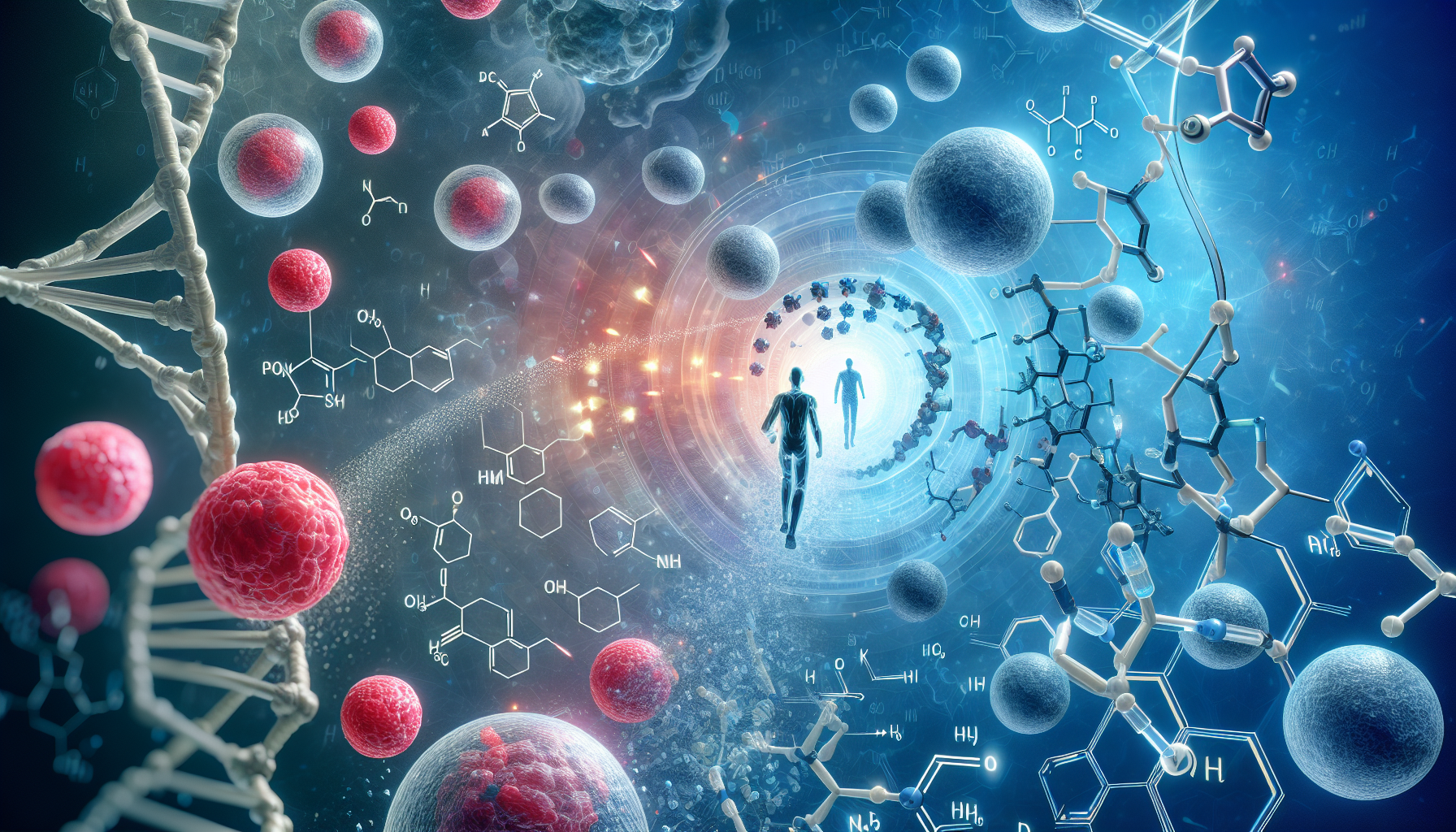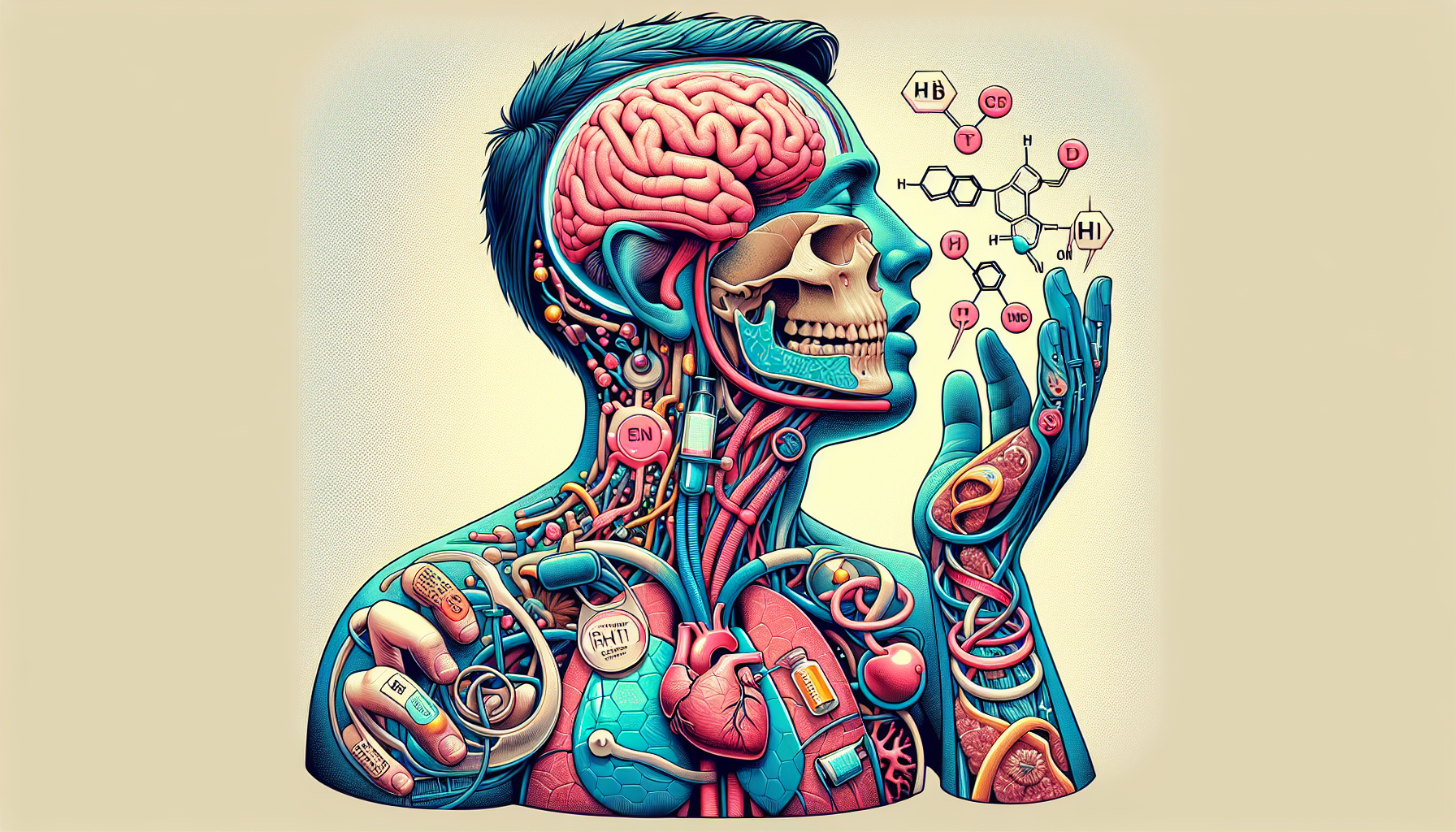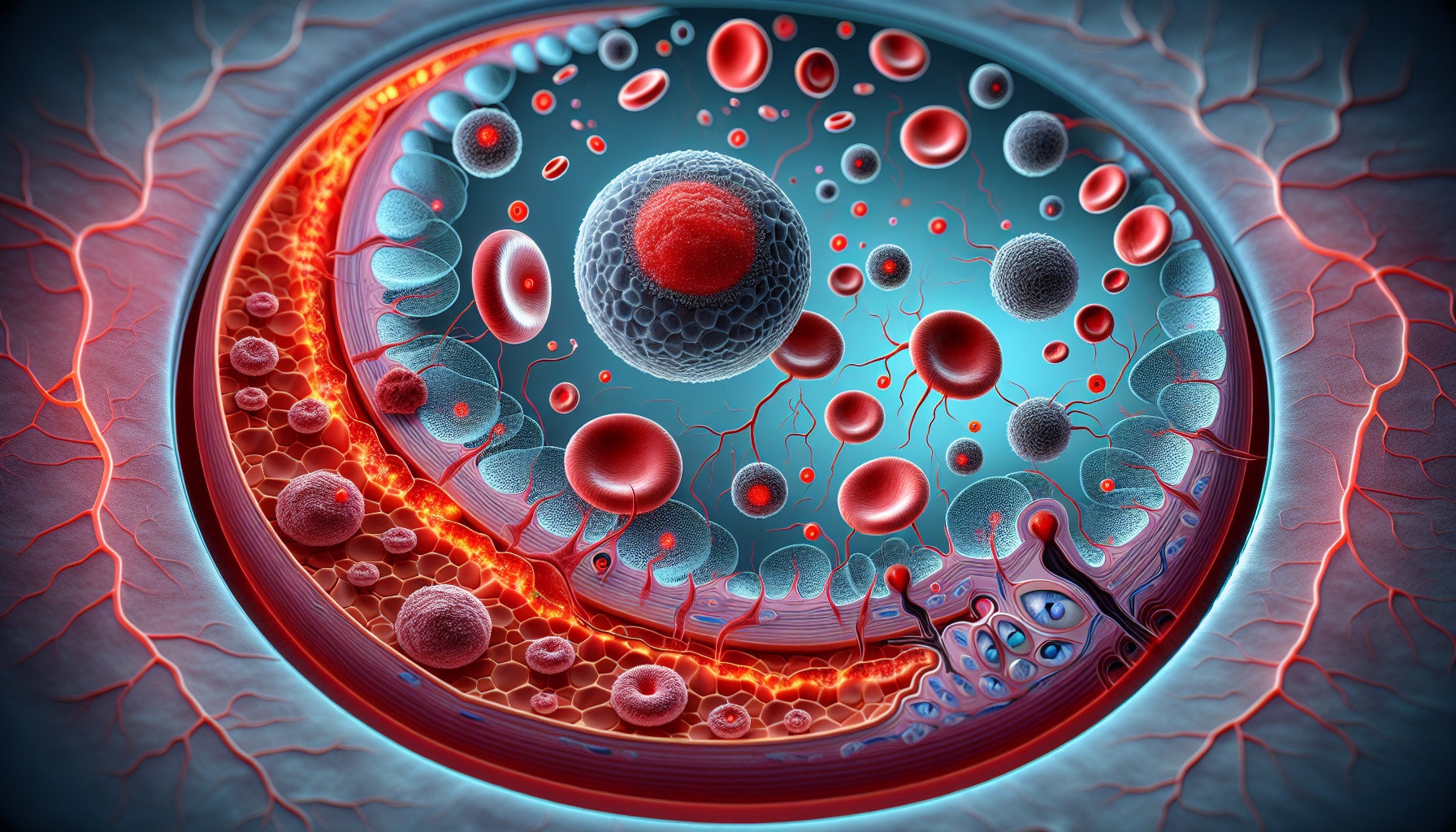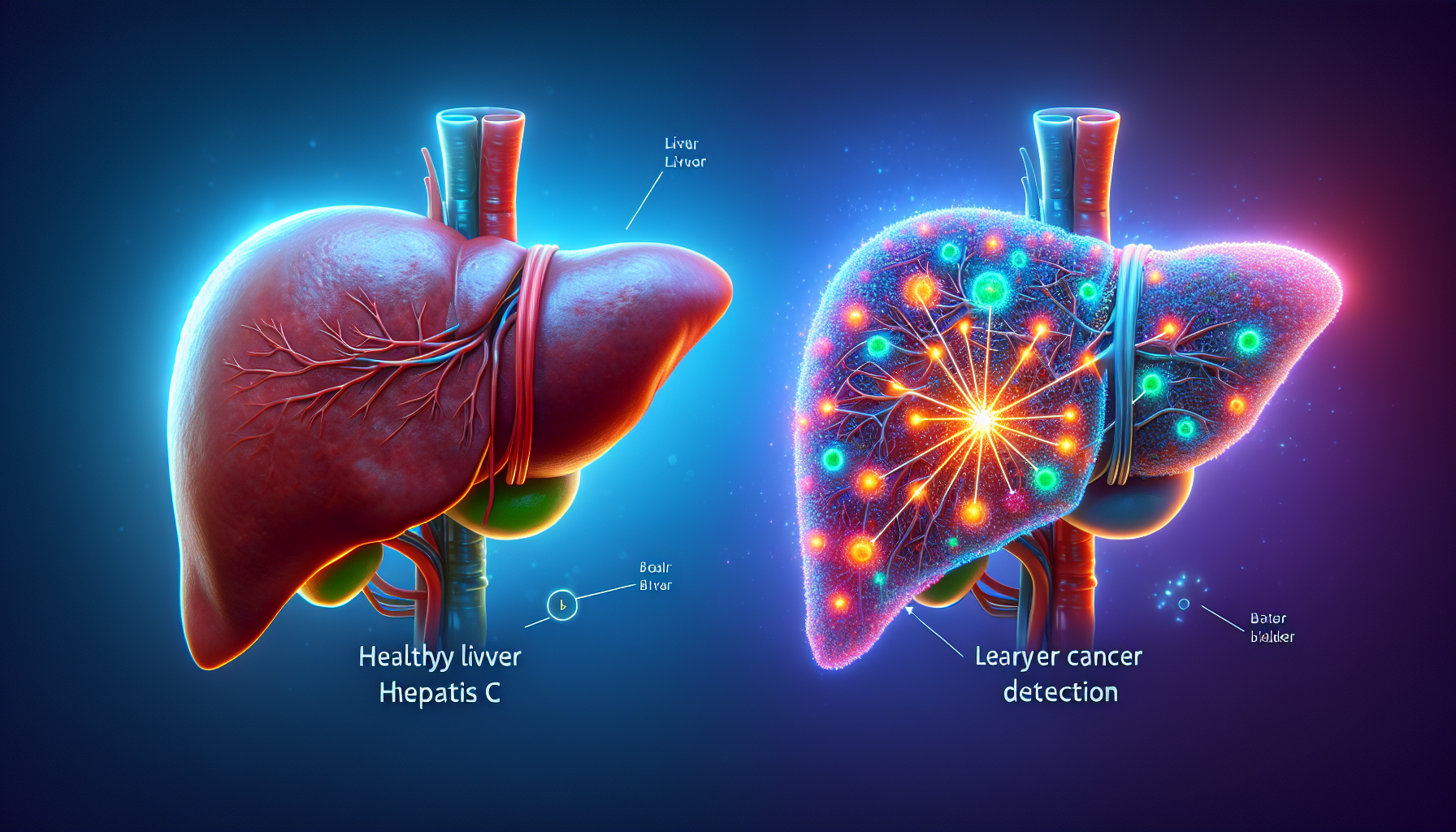Innovative Research Uses AI to Detect Early Signs of Dementia During Sleep
Key Takeaways
- Machine learning combined with hd-EEG may help identify early-stage dementia non-invasively.
- The research aims to create effective diagnosis tools for a range of neurological conditions.
- Supporting organizations play a crucial role in translating research into practical healthcare solutions.
Did You Know?
Exciting New Research Grant Awarded
Corundum Neuroscience has recently awarded a groundbreaking research grant to Tel Aviv University. This initiative aims to explore machine learning for non-invasive detection of brain activity related to dementia during sleep.
The research is led by Professor Yuval Nir and focuses on identifying unusual brain patterns in elderly individuals with cognitive impairments.
How Machine Learning Can Help
The project is using advanced machine learning techniques to analyze high-density electroencephalography (hd-EEG) data collected during sleep. These techniques aim to spot subtle brain activity that is linked with dementia.
Professor Nir's team has developed methods to categorize the signals into patterns that may signify early stages of dementia. This could lead to new ways of diagnosing and treating neurological conditions.
Potential Impact on Dementia Diagnosis
One of the primary goals is to create detection tools that can differentiate between early-stage dementia and healthy aging. If successful, this could make early diagnosis far easier and more accurate.
Accurate early detection is critical because it allows for earlier treatment, which could slow down the progression of dementia-related diseases.
Broader Applications
While the current focus is on dementia, the research has the potential for broader applications. The machine learning methods could also help identify other neurological conditions like epilepsy and traumatic brain injuries.
This makes the research highly versatile and valuable for the medical community.
Supporting Organizations
Ramot, the technology transfer company of Tel Aviv University, is playing a significant role in supporting and commercializing this research. They are helping to translate scientific findings into practical healthcare solutions.
Corundum Neuroscience, known for its innovative approach to brain health, is backing this project as part of their long-term strategy to revolutionize the field of neuroscience.
Looking Ahead
The researchers aim to optimize these detection methods further and validate biomarkers that can pinpoint the stages of neurodegeneration. If successful, this could lead to improvements in diagnosing, treating, and managing a wide array of neurological disorders.
In the short term, this could benefit individuals with early-stage dementia, potentially leading to more effective treatments and better quality of life.
Conclusion
This innovative research marks a significant step forward in the quest to understand and treat dementia. By combining machine learning with advanced brain monitoring techniques, scientists are opening new doors for early diagnosis and treatment.
Both Corundum Neuroscience and Tel Aviv University are committed to pushing the boundaries of what is possible, bringing hope to millions affected by neurological disorders.
References
- Tel Aviv Universityhttps://english.tau.ac.il/
- Corundum Neurosciencehttps://cnsfund.com
- Ramot at Tel Aviv Universityhttps://ramot.org/






